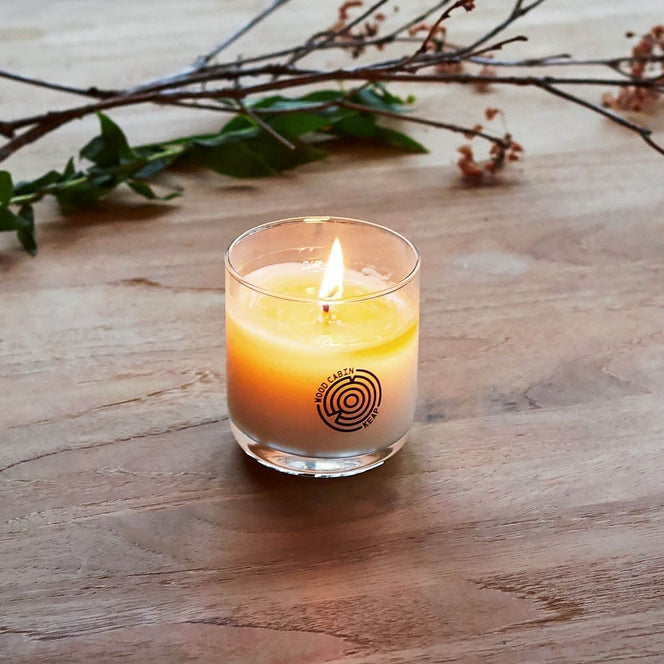In our recent 2025 Keaper Survey, we asked Keapers how the new 2025 tariffs are impacting them, and whether they are noticing any impact on the things they buy.

Survey question asking Keapers about tariff impacts
As one might expect with the geographic and demographic diversity of Keapers, there were a variety of different experiences and perspectives. That being said, some clear patterns emerged.
After categorizing each answer, here is the summary:

Digging one level deeper
Close to half of respondents said they were already seeing the impact of tariffs in their purchases. However, there was a wide range of magnitude of the impact—from marginal (just affecting some luxury purchases) to essential (affecting core needs like food).
"I buy imported wine and cheese 😭."
"Everything is more expensive and we're making harder decisions—especially about food and entertainment."
Another 10% of respondents shared that they were seeing strong impacts through their work (e.g. small business owners or supply chain executives), suggesting the impact was yet to come for end consumers.
"Not noticing as much from a consumer standpoint, but I work in supply chain so very much so professionally."
"We run a soap business and it affects our production big time."
15% of respondents had not noticed tariffs affecting them but anticipated that to change, while the same number saw no impact at all.
One sentiment that came up repeatedly within these answers was that prices have been going up for the past few years and that it is sometimes hard to distinguish when this is driven by tariffs or other factors. In several cases, respondents expressed concern about inflation in general.
"Prices feel a bit like the moment you see the first bubble that forms/collapses in a pot of water about to boil."
"Everything is more expensive. But it's hard to tell what's directly impacted by tariffs and what's been increased just expecting them."
"No I haven't noticed. It all gets rolled into inflation for the consumer."
A sentiment of anxiety and uncertainty around tariffs and consumer prices came through across the spectrum of responses.
"I hate the thought of being driven back to calculating every penny and every purchase. I've spent a lot of my life living like that. It's grueling and depressing."
"Unfortunately yes. I work in CPG and am very worried about prices and tariffs. I'm hyper aware of this issue."
How this matches up to our experience
The overall sense that I got from these responses is that the impact of the new tariffs is just starting to be felt by consumers, and that more severe impact is anxiously anticipated, on top of existing cost-of-living concerns.
This tracks closely with our experience behind-the-scenes at Keap.
We last increased our prices in February 2022 (we also slightly increased the price of the Seasonal subscription earlier this year when we started rotating in our new 100% plant-based and 100% biodegradable line.)
Each year we've been sought to be creative in finding new ways to save costs while improving our customer experience and sustainability. However, we haven't been able to fully keep up with price increases from our suppliers and we have been taking in lower gross margins than in years past.
Many of the responses shared concern for small businesses like ours feeling the squeeze.
"I worry about the future of the small businesses I love that take sourcing the best, ethically grown ingredients seriously."
We are fortunate that we make our own products in-house right here in the U.S., and that we buy most of our materials domestically. However, some of our key suppliers are going to get hit by tariffs— in particular:
- Fragrance ingredients, which are procured from around the globe. The United States does not produce a huge number of natural fragrance ingredients.
- Coconut wax, for which the coconut oil is sourced from Southeast Asia.
- Glass — our supplier, Schott-Zweisel manufactures in Germany and is the only producer of Tritan Crystal glass in the world. Sadly there are very few manufacturers of tumbler glasses left in the United States—and none of them produce at an acceptable level of quality for our needs.
The above suppliers have either recently added tariffs to our orders, or have announced imminent plans to do so.
What we plan to do
Our approach to the unpredictable timing of cost increases has been to absorb as much of the cost as we can and to adjust prices modestly when we can't. For now, we plan to continue to absorb these increases in the hopes that something may change between now and then end of this year. At the end of the year we'll review how things look.
But despite all the challenges from inflation and tariffs, things are not all doom and gloom. We have some exciting new launches for this fall and winter that we can't wait share — and we're so grateful to those of you reading this for supporting Keap and our work to bring candles, connection and culture into this beautiful world.
Warmly,
—Harry and the Keap team




